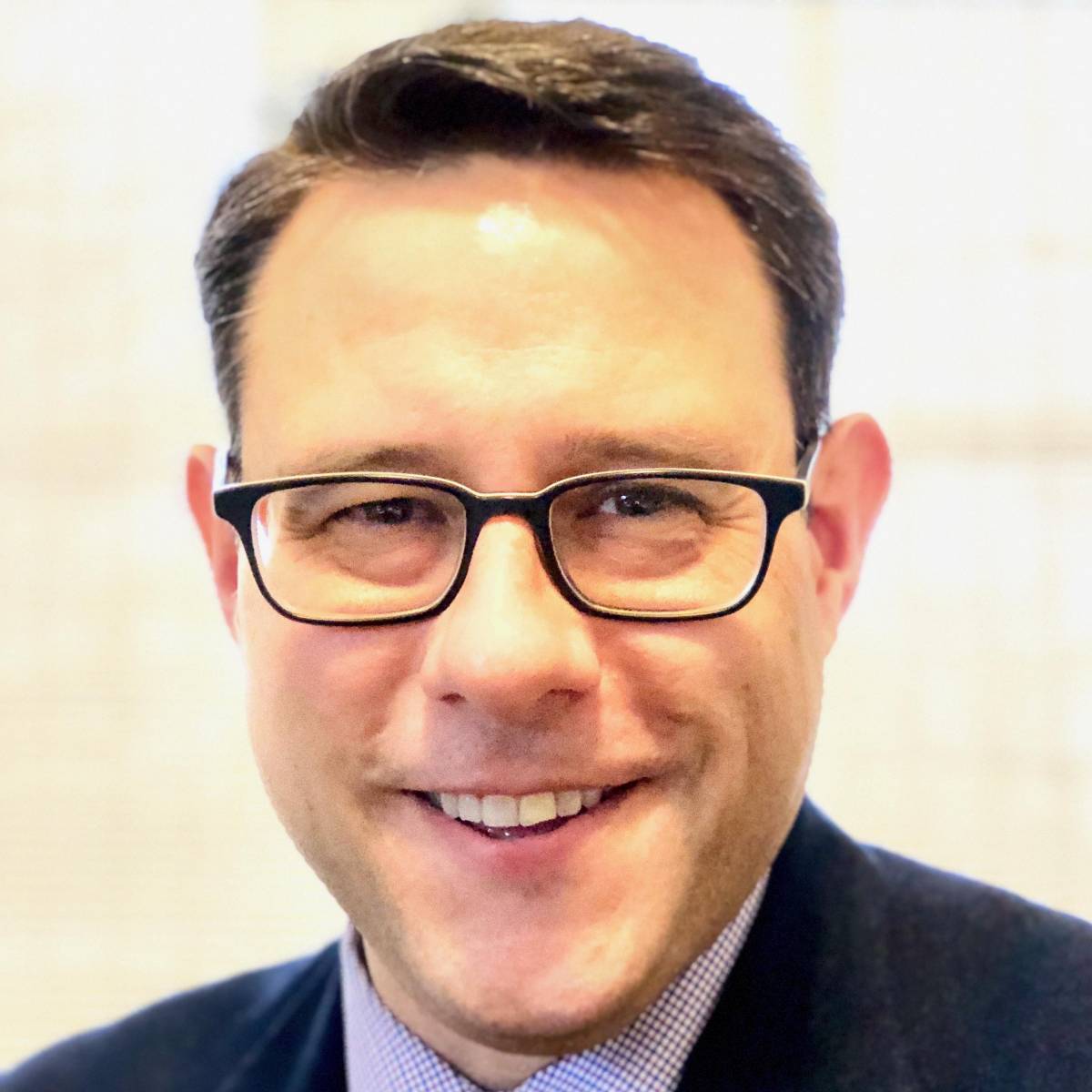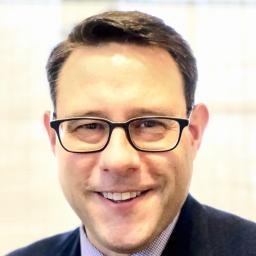Charting an Uncharted Future
In a recent episode of the podcast On Point, Margaret Heffernan speaks about her latest book, Uncharted: How to Navigate the Future. The book takes the idea of uncertainty head-on, and, given our current reality, it couldn't come at a better time.
We love imagining the future. Particularly within schools, we spend a lot of time envisioning what's next: mapping out scope and sequence, articulating specific learning goals, preparing students to step-up, graduate and commence new phases of their lives. Heffernan asks: How do we think about the future--and when we do, how often do we get it right? She suggests that even with all the preparation and planning and data available to us, more often than not we get our forecast of the future wrong.
If you're like me and starting to peer around the corner to what is looking like the (hopeful) end of this pandemic, this observation can be a bit deflating. But all is not lost: Heffernan deeply believes in the power not of planning, but of preparing. While planning imagines a more definite future, like how am I going to get to school in the morning (what is the route, where might there be traffic, do I have extra masks in my car), preparing involves creativity, curiosity and imagination.
At Prizmah, we recently concluded a JFNA Scenario Planning project for Jewish day schools and yeshivas, I found that creativity, curiosity and imagination was abundantly evident among the 20 participants, including school and field leaders, federation and foundation professionals and other thought partners who embarked on this future-looking exercise. This project was developed by our friends at JFNA and funded through the generosity of the Mandel Foundation. Over the course of two months, using the framework developed by JFNA, we imagined multiple scenarios that Jewish day schools and yeshivas might face and charted a path through the current Covid-19 crisis and into the post-pandemic time horizon. Thescenarios envisioned two factors shaping our future scenarios: To what extent will our ability to gather (social, workplace and civic) be possible? and, What level of financial stability will we have?
Throughout our time together, we honed the challenges and opportunities of the different scenarios that day schools could face and imagined what our options could be to face them. What should schools and communities start doing, stop doing and keep doing in order to be best prepared for the different scenarios? It was a time to think big and imaginatively, to examine what our schools have done to reach this point, and consider what we should be leaning in to even more.
One of the key questions addressed was, What are the innovative, creative shifts that schools have made due to the pandemic that you can imagine contributing to longer-term success of Jewish day schools? There were so many solutions and adaptations that schools have made, from online parent teacher conferences and events to rethinking instructional hours, teaching modalities and creative assessment of student learning. School and community leaders have collaborated and coordinated in new ways, and everyone has struggled with the challenges that pandemic learning has wrought on the mental health and wellness of students, teachers, administrators and families. From this past year, what do we want to learn,to keep and to accelerate from the pandemic response to help propel Jewish day schools forward?
As we concluded our last session together, we drafted the framework for a few key strategic ventures that could help schools prepare for the future. These included:
- Leveraging the open-mindedness of the world and advancing the value proposition of Jewish day schools and yeshivas
- Expanding collaboration and coordination among communities of day schools and with the greater Jewish community
- Increasing capabilities and capacity for pedagogy in Jewish day schools and yeshivas, and investing in the pipeline of teachers and administrators.
You can follow the entire thought process of the working group, and explore the initial sketches of the strategic ventures here.
While the intended deliverable for the JFNA Scenario Planning was sharing the process and the creative thinking of the group broadly with field leaders in Jewish day schools and yeshivas in forums like this, we at Prizmah have already begun conversations on multiple aspects of the ventures. One of these consists of an extensive interview and research project to understand what turned the heads of so many families to choose Jewish day school this year. The report will offer schools an essential view into what helped advance their value proposition under Covid. In addition, in partnership with Jewish Education Innovation Challenge (JEIC), Prizmah continues a pilot we started during the summer of 2020, offering fieldwide professional development in online pedagogies and supporting teachers to excel in socially distanced, online, hybrid and concurrent learning environments.
There is so much more to continue to learn, explore and prepare. The JFNA Scenario Planning Project provided a dedicated space to harness the creativity, curiosity and imagination of a wonderful group of field leaders. In sharing these resources with the field, we hope to contribute to the creative conversations already going on in the field, and prepare for the potential scenarios that the future may bring. In the last line of her book, Heffernan provides inspiration for preparing for the months to come: "It doesn't matter where you start, it only matters that you do."

Marc Wolf is Prizmah's VP, Program Strategy and Impact



